To grow up poor, Black, and gay is to not see yourself anywhere. It is also to feel completely unseen, as so many people around you invalidate your very existence.
Growing up, I did not see people like me in positions of power or influence -- certainly not in public office. Instead I watched as opportunistic, straight politicians -- mostly white, nearly all men -- used the basic human rights of LGBTQ+ people as a political football to further their careers.
I was raised in the Baptist church, where things have gotten better but it is still taboo to be gay. As a kid struggling with self-acceptance and agonizingly afraid of how others would perceive me if they learned the truth, life would have been much easier had I been able to see someone like me in the halls of Congress. It would have given me hope that everything would one day be OK, that I did not have to hide or cry so much, and that one day society would judge me based on the content of my character rather than who I loved.
Representation matters. My coming-out process was aided mightily by the television series Noah's Arc, which featured out gay, Black men in loving relationships like I had never imagined, and Frank Ocean's heartfelt acknowledgment in July 2012 that several of his songs on Channel Orange were addressed to another man.
Trending stories
In the 243-year history of the United States, there still has not been an out gay, Black member of Congress. And for queer communities of color, lack of representation in public office has had dire consequences.
Rising rates of transphobic and homophobic hate crimes mean that all LGBTQ+ people live under the threat of danger. LGBTQ+ youth are twice as likely to be homeless than their straight and cisgender counterparts. And LGBTQ+ students have on average $16,000 more in student debt than their straight classmates and less parental help paying it off.
These dangers are compounded for the Black queer community. Black LGBTQ+ people are dramatically more likely to live in poverty than their white LGBTQ+ and straight Black counterparts. Black trans women are killed at seven times the rate of the general American population. And Black folks continue to bear the brunt of the HIV/AIDS epidemic, with particularly high rates among gay and bi Black men.
For me, policy is personal. It is because of my identity that I will fight to ensure that everyone -- and I mean everyone -- is able to live with human dignity.
I will fight for Medicare for All so that no one has to forgo diagnostic testing or life-saving drugs like PrEP because they cannot afford the premium, the deductible, or a copay. I will fight for comprehensive housing affordability so that LGBTQ+ youth have a guaranteed roof over their heads. I will fight for free public college so that all students, including LGBTQ+ youth, are able to participate in the 21st century economy without incurring crippling debt. I will fight to decriminalize poverty and center restorative justice instead of locking so many of our people in prisons, where they are subject to disproportionate rates of sexual violence. And I will fight for federal protections against discrimination on the basis of gender identity and sexual orientation.
It is a disgrace that so many kids continue to grow up like I did, without a representative who truly represents them. But I believe that the people of Westchester and Rockland Counties -- the communities that raised me -- are going to change that. With the help of people all over America, we will lift up the voices and concerns of communities that have been shut out of the political process as part of the shared struggle for liberation in this country.
We will start by winning on election day in 2020. And in January 2021, I will fight for all of us in the halls of Congress.
RELATED |Mondaire Jones Is Running to Be the First Black Gay Congressman









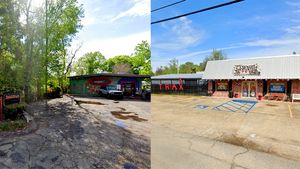



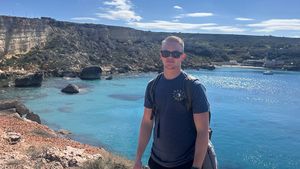







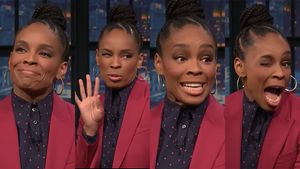





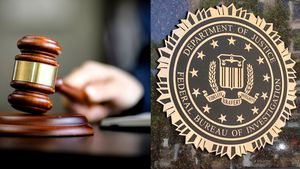

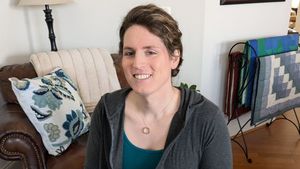







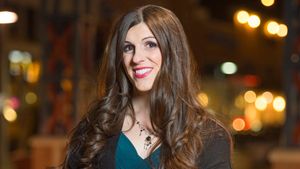



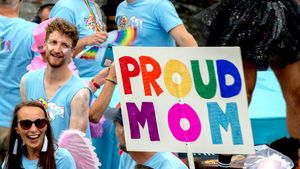


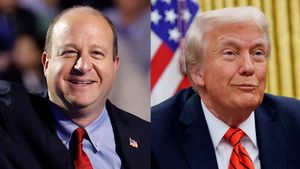












































Why I'm Running to Be America's First Black, Gay Congressman
It is because of my identity that I will fight to ensure that everyone — and I mean everyone — is able to live with human dignity.
Mondaire Jones